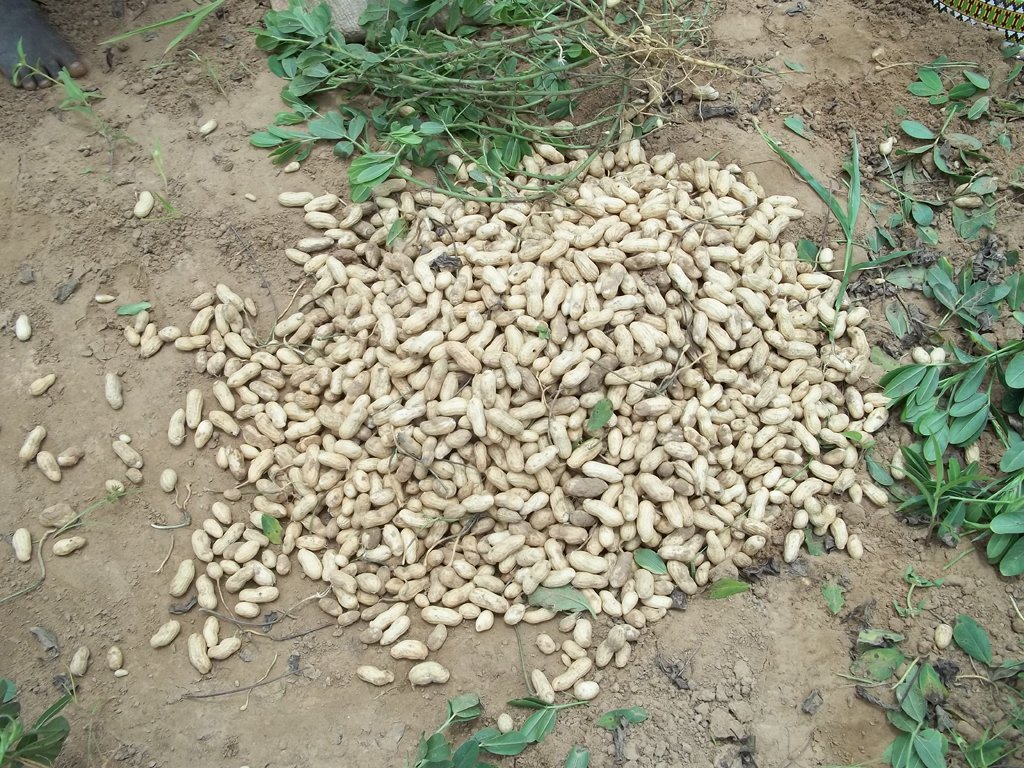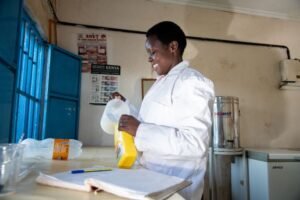By Verenardo Meeme, Rootooba, 10 September 2020
The Eastern Africa Grain Council (EAGC) and Kenya’s National and Cereals Produce Board (NCPB) have signed a Memorandum of Understanding to support the implementation of the East African Community (EAC) staple foods quality standards and the management of aflatoxin for efficient and effective grain trade in the country.
The agreement will ensure consistent implementation of EAC standards while suppressing post-harvest losses.
According to Gerald Masila, EAGC Executive Director, the collaboration speeds up the implementation of standards and management of aflatoxin to enhance market access and food security. The agreement framework anchors on the need to promote more trade and better trade in safe food between Kenya and the region.
The MOU provides a framework to guide the new way that the Council and the Board will co-work in promoting Structured Trading Systems, training and capacity building, research, policy advocacy, resource mobilization, infrastructural development, market linkage and the adoption and utilization of the harmonized East Africa standards for food and nutrition safety.
“Today’s MOU cements our partnership and provides impetus to sustainable solutions at the national and county level. It will complement the role of NCPB in commercial trade in safe grains and the provision of grain post-harvest services to the value chain on behalf of the government.” Says Joseph Kimote, the Managing Director of NCPB.
The partnership comes at a time when there are alarming concerns and warnings of unsafe levels of aflatoxin in several well-known brands of maize flour, which in turn were taken off supermarket shelves in Kenya.
The two institutions will work together to promote best practices in Grain Handling and Management. The MoU will explore partnerships with the private sector for the utilization of NCPB storage, warehousing facilities and grain handling and management services as well as promote the adoption and utilization of the harmonized East Africa standard for food and Nutrition safety.







